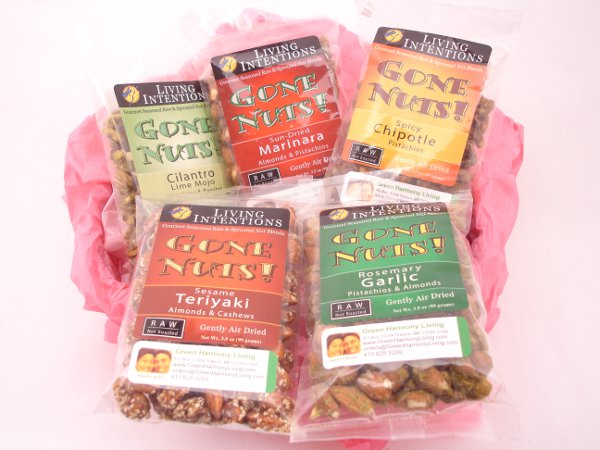December 8, 2011


This season, we have a choice as to where and how we spend our money, and it is a very important one! That’s why Sierra Club Green Home is showing you how to find products you can feel good about buying, whether you’re shopping in your town or on the Web.
[nggallery id=70 template=carousel images=8] [imagebrowser id=70] By Roland Oehme
Before you saddle up and head to the mall for your holiday shopping, let Sierra Club Green Home give you the lowdown on how your purchases can help or harm your health and the planet’s.
What’s the harm in heading to the local superstore? Well, that lower price tag is often hiding the costs to the environment and to human health, especially for products made abroad. Most of the items for sale at chain stores contain toxins, are created using polluting and unsustainable practices, use up fuel being shipped far distances, and are made by workers who are paid low wages and work in poor conditions. Even animals are often harmed in conventional manufacturing. Many corporations still test their products on animals and use unnecessary animal ingredients.
This season, we have a choice as to where and how we spend our money, and it is a very important one. That’s why Sierra Club Green Home is showing you how to find products you can feel good about buying, whether you’re shopping in your town or on the Web.
Not sure if your corner store has goods that are truly green? One way to tell is by looking for green labels certified by a credible third party (i.e., not the company that made the item). Examples of trustworthy labels include Green Seal, Green America Business Seal of Approval, Transfair USA (fair trade), USDA Organic, Forest Stewardship Council, and Rainforest Alliance Certified. You can check out more green labels online.
Good resources for finding green stores and products include SCGH’s own Green Directory (available at the top of the home page), where consumers can search for local and online retailers or service providers. The Green Pages and the EPA’s “Let’s Go Green Shopping” guide also are excellent resources. All of the businesses listed in The Green Pages are vigorously checked for their environmental and social values. The Green Pages is the best place to start when searching for any green product, since you will find only the businesses with the highest integrity listed here—exactly the kind of business the SCGH community wants to support.
Some of our favorite online stores for green clothing include Green Earth Bamboo, Jute and Jackfruit, Gaiam, Maggie’s Organics, Earthsake, and Kasper Organics.
You also can visit these online stores for green gifts: EcoPlum, Best Organics, Grounds for Change, and Mr. Ellie Pooh.
In the midst of big blowout sales and holiday deals, it is important to stop and think about the total cost of a product: to your wallet, to the planet, and to people. Remember that your buying choice is valuable, and your health and the health of the planet depend upon people who like shopping green!
Roland Oehme is a green and healthy living reporter. Read his blog at www.we-love-rawfood.blogspot.com.
For related post: Spend Your Green on Green
© SCGH, LLC. All rights reserved.
]]>